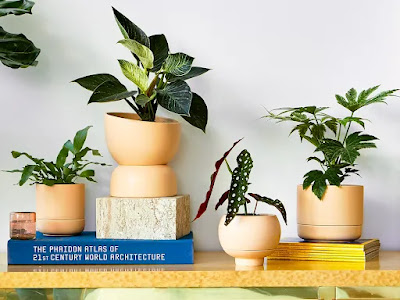How to Choose a Sliding Door Lock: Different Types and Features Explained
Sliding doors have become a popular choice for homes and businesses across Australia. They offer a sleek look, save space and allow plenty of natural light to enter. Whether you’re updating a patio, balcony or interior room, choosing the right sliding door lock is crucial for both convenience and security. With the right barn door locking hardware, you can enhance the safety and functionality of your sliding doors.
What to Look for in a Sliding Door Lock
 |
| source: mrwindows.com.au |
Compatibility
First, check if the lock is compatible with your sliding door. Not all locks fit every type of door, so it’s important to measure your door and compare it with the product specifications. This is especially true if you’re looking for barn door locking hardware, as these doors often have unique requirements.
Installation
Consider how easy the lock is to install. Some sliding door locks require drilling or special tools, while others can be fitted with just a screwdriver. If you’re not confident with DIY projects, look for locks that come with clear instructions or opt for help from a professional.
Convenience
Some sliding locks are designed for quick access, while others may require a key or code. If you want something simple, a sliding door latch might be all you need. For more security, a keyed or smart lock could be a better choice.
Security
Look for locks made from strong materials like steel or reinforced aluminium. They are usually resistant to tampering and provide solid protection against unwanted entry.
Types of Sliding Door Locks
Mortise
Instead of being attached to the surface of the door, a mortise lock is installed inside a pocket cut into the door edge. This placement makes them less vulnerable to tampering. Their sleek design makes them a popular choice for modern interiors where aesthetics are important. While mortise locks may be more expensive and require professional installation, their durability and security features make them a worthwhile investment for those seeking maximum protection.
Surface-Mounted
Surface-mounted locks are among the easiest to install, making them ideal for DIY enthusiasts as they are attached directly to the surface of the door or frame. They are ideal for sliding doors that cannot accommodate internal locks. Another advantage of surface-mounted locks is their versatility, since they can be easily replaced without leaving marks on the door. However, because they are exposed, they may be more susceptible to tampering compared to mortise locks.
Bolt
Bolt locks are straightforward and highly effective. They function by sliding a metal bolt into a strike plate on the door frame, creating a strong physical barrier that prevents the door from being opened. Bolt locks are often used as secondary locks to complement existing security measures, but they can also serve as the primary lock for interior sliding doors. Bolt locks are particularly popular for glass sliding doors, where additional reinforcement is needed. Their simplicity makes them easy to operate and requires little maintenance.
Keyed
Keyed locks provide an extra layer of security by requiring a key to unlock the door. These locks are commonly used for exterior sliding doors, where the risk of a break-in is higher. Some keyed locks are integrated into the door handle, while others are standalone devices. Many modern keyed locks also feature anti-snap and anti-bump technology for added security.
Bar
Bar locks, also known as security bars or sliding door bars, are quite exposed and visible and act as a strong deterrent against forced entry. These locks consist of a metal bar that is placed across the door track, preventing the door from sliding open even if the primary sliding door latch is compromised. Bar locks are easy to install and do not require any permanent modifications to the door or frame.
Smart
Smart locks represent the latest innovation in sliding door security. These locks can be controlled remotely with a smartphone or laptop, offering both convenience and flexibility. Smart locks can be integrated with home automation systems, allowing you to monitor and control your sliding door from anywhere in the world. Remote locking and unlocking, activity logs and guest access codes make smart locks a popular choice for tech-savvy homeowners. Some models also include built-in alarms or tamper alerts to enhance security.
Traditional
Traditional sliding locks include simple latches and handles that have been used for decades. These locks are easy to operate and install, making them a popular choice for interior sliding doors or low-security areas. While traditional locks don't offer the same level of security as more advanced options, they are good enough for most interior applications where the risk of break-ins is low.
Specialty
Specialty locks are designed to meet specific needs that standard locks may not address. For example, child safety locks prevent young children from opening sliding doors, reducing the risk of accidents or unauthorised access. Pet access locks allow pets to enter or exit through a sliding door while keeping the rest of the house secure. Other specialty locks may include weatherproof designs for outdoor use or privacy locks for bathrooms and bedrooms.



Comments
Post a Comment